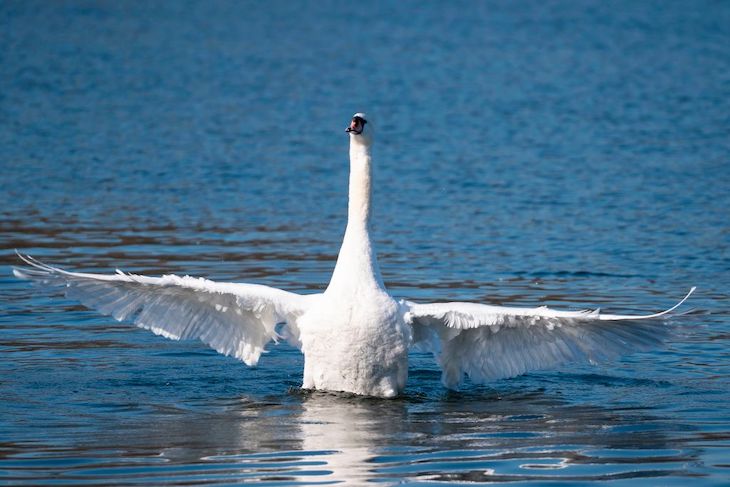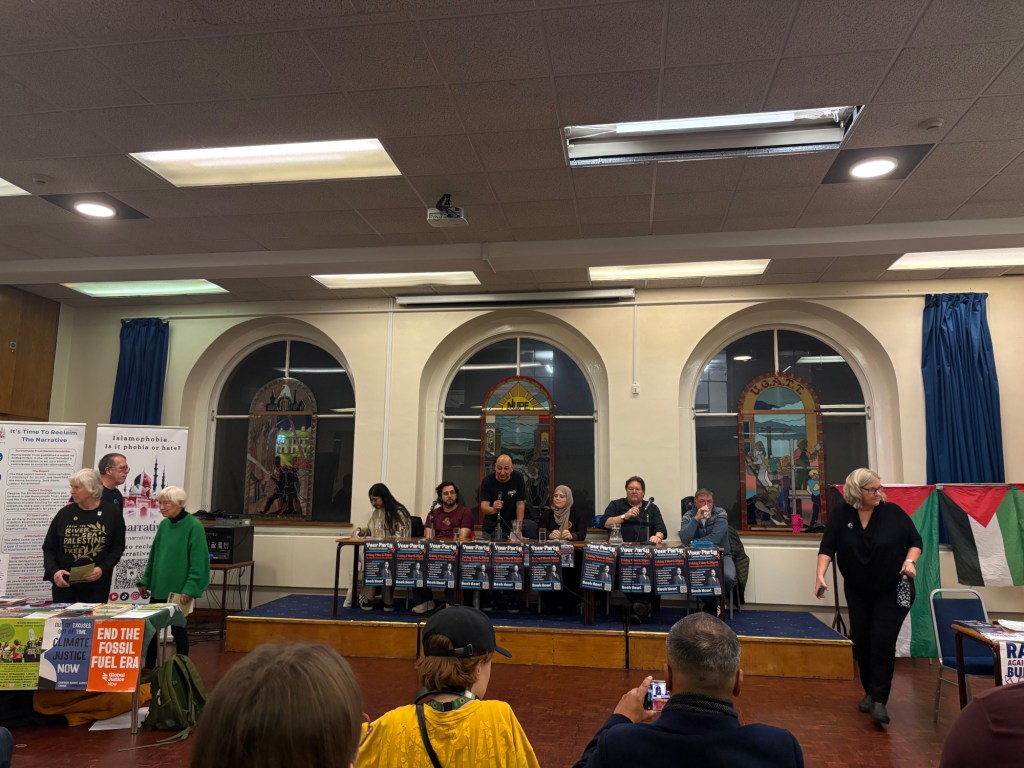The Royal Parks have spoken: no, London’s swans are not being roasted for supper. Their cygnets are intact, their lakes tranquil, their wildlife officers alert. Yet for a moment this week the nation was asked to imagine Eastern Europeans stalking Hyde Park by moonlight, stuffing swans into shopping bags. Nigel Farage, on LBC, suggested as much.
It is a fine fantasy. One can picture Henry VIII applauding from the bank of the Serpentine, fork in hand, as the birds are borne aloft like Tudor delicacies. But times have changed. The swan has slipped the spit and become untouchable: a symbol, a ballet, a subject for poetry rather than pies. The only things actually consumed in the parks are 99 Flakes, picnic sandwiches and the occasional Pret salad.
Still, since Farage alluded to Eastern Europe, perhaps we might consider what it could offer Britain’s birdlife in reality rather than rumour. The answer, surely, is the white stork. In Poland, they are everywhere — nesting on chimneys, clattering on church towers, treated as signs of luck. In Britain, by contrast, the stork disappeared in the Middle Ages, when it was happily eaten. Unlike the mythical swan suppers of 2025, medieval stork suppers were very real.
Now, thanks to the Knepp Estate in Sussex, the stork is making a cautious return. Imagine once again their huge nests crowning oaks and barns, their broad wings circling over Sussex fields. A gift from Poland, and one that fits better than talk of swan-stealing: a rewilding of the landscape, and of the imagination too.
So perhaps here lies the neat East–West exchange: Farage conjures Eastern Europeans eating swans; Poles in turn bring Britain the stork, a bird once devoured here with relish. Polish birds may yet enrich British skies, while the swans remain serenely on their waters.
In the end, the only real feast was the story itself – a banquet of fancy, served hot on the airwaves: as lavish as a Tudor menu, as implausible as Swan Lake, and altogether more nourishing than the supper that never was.







Comments